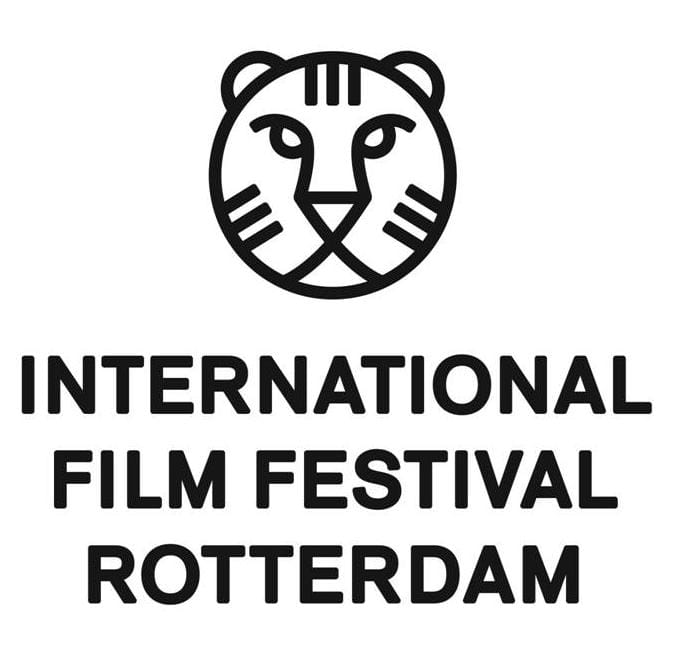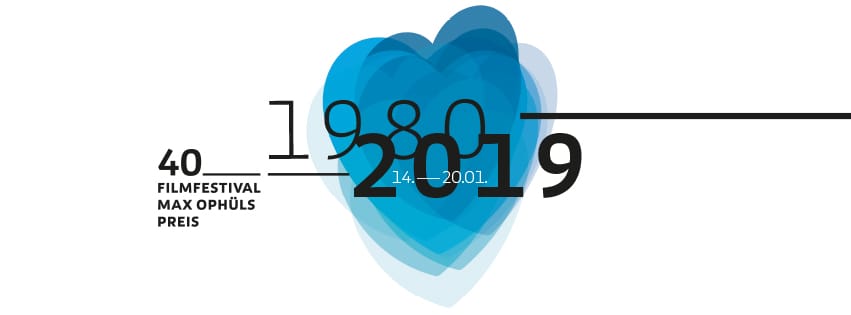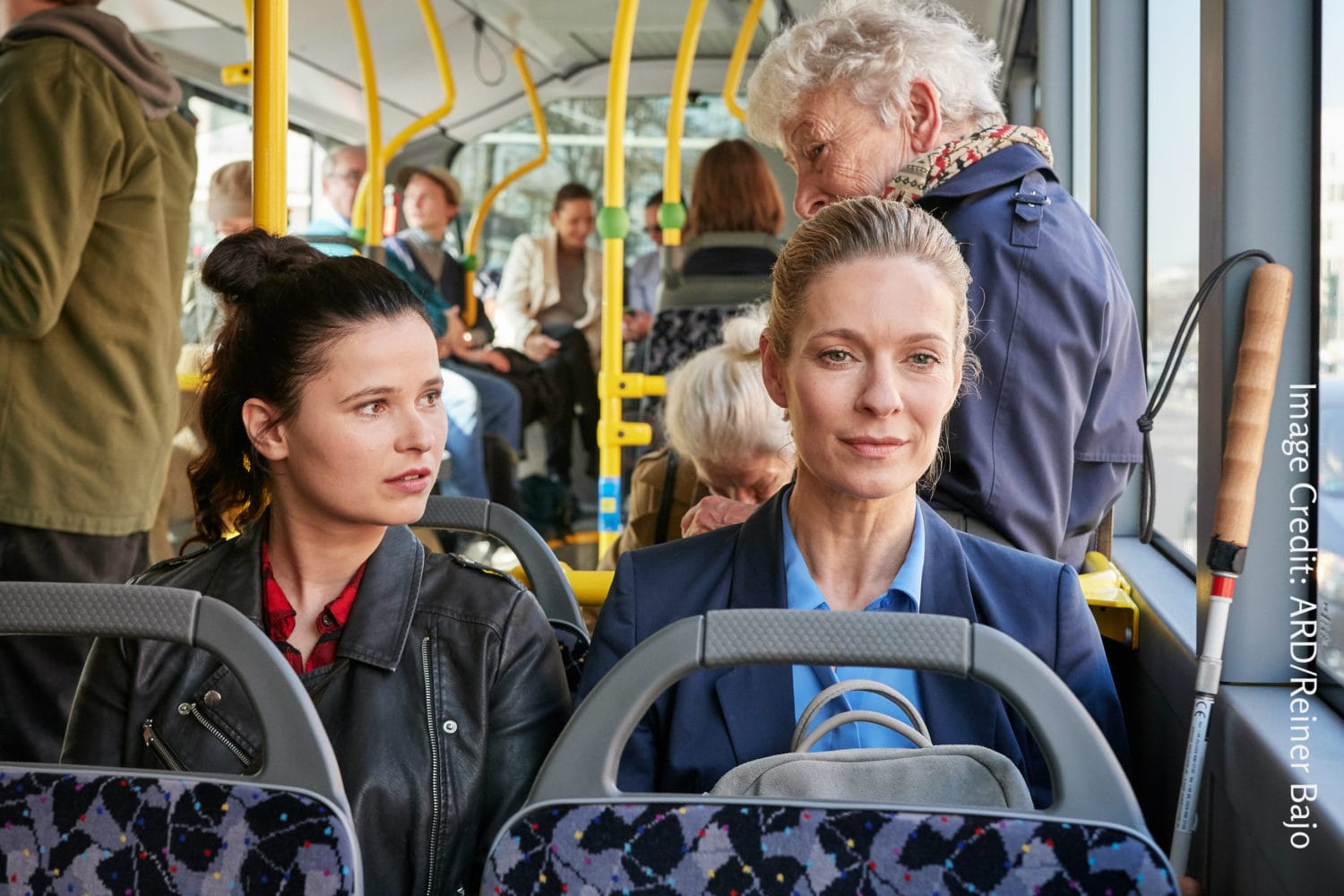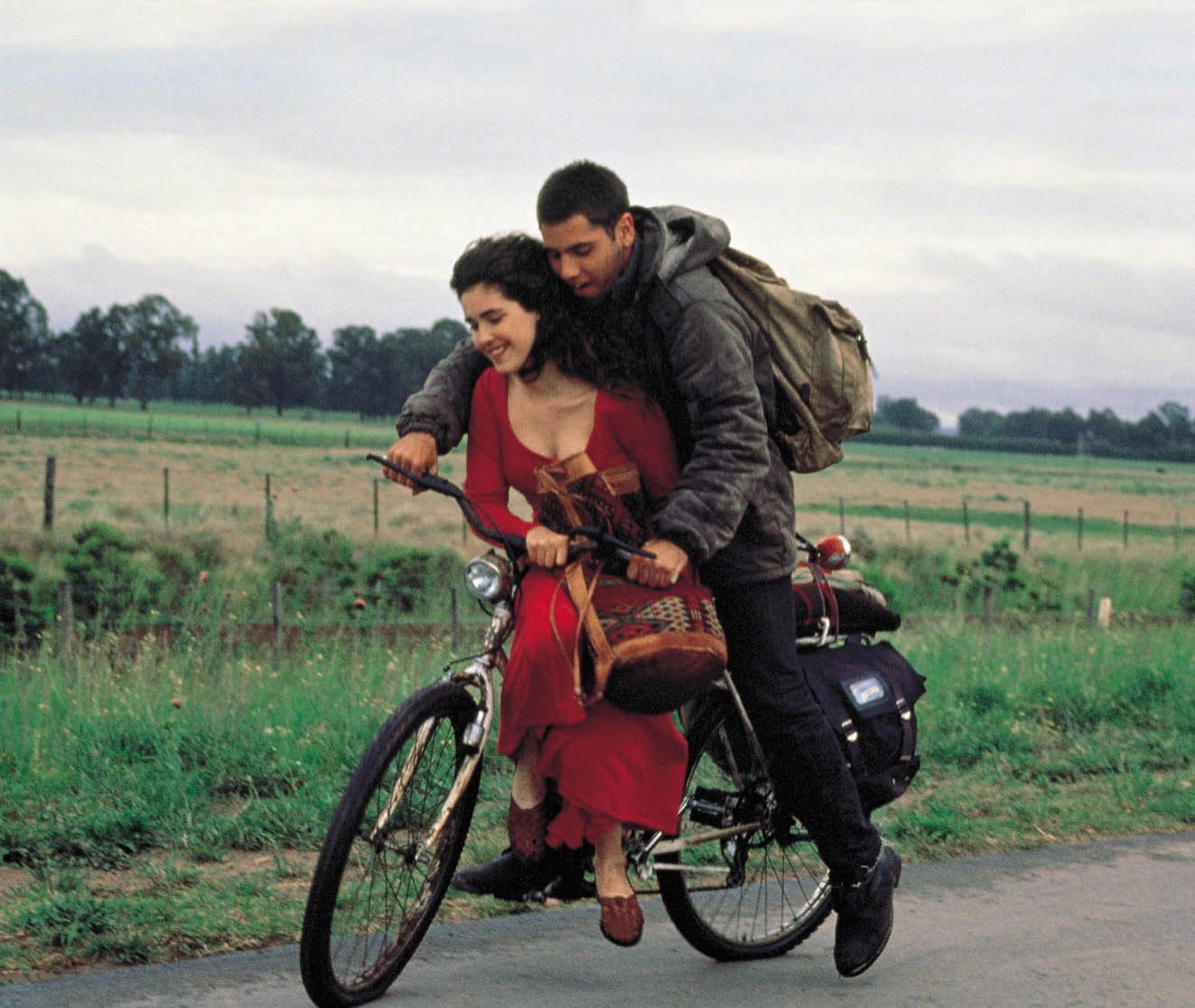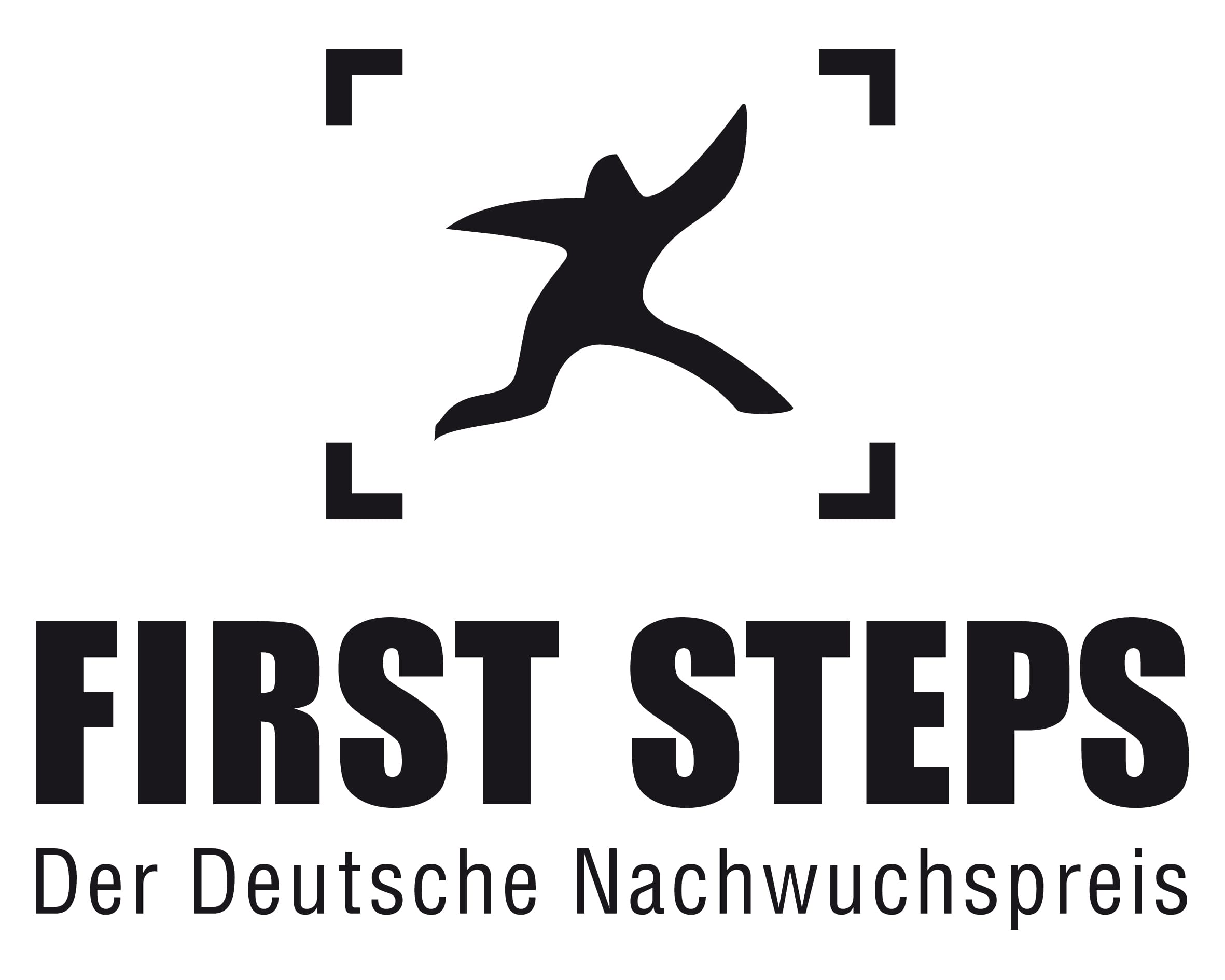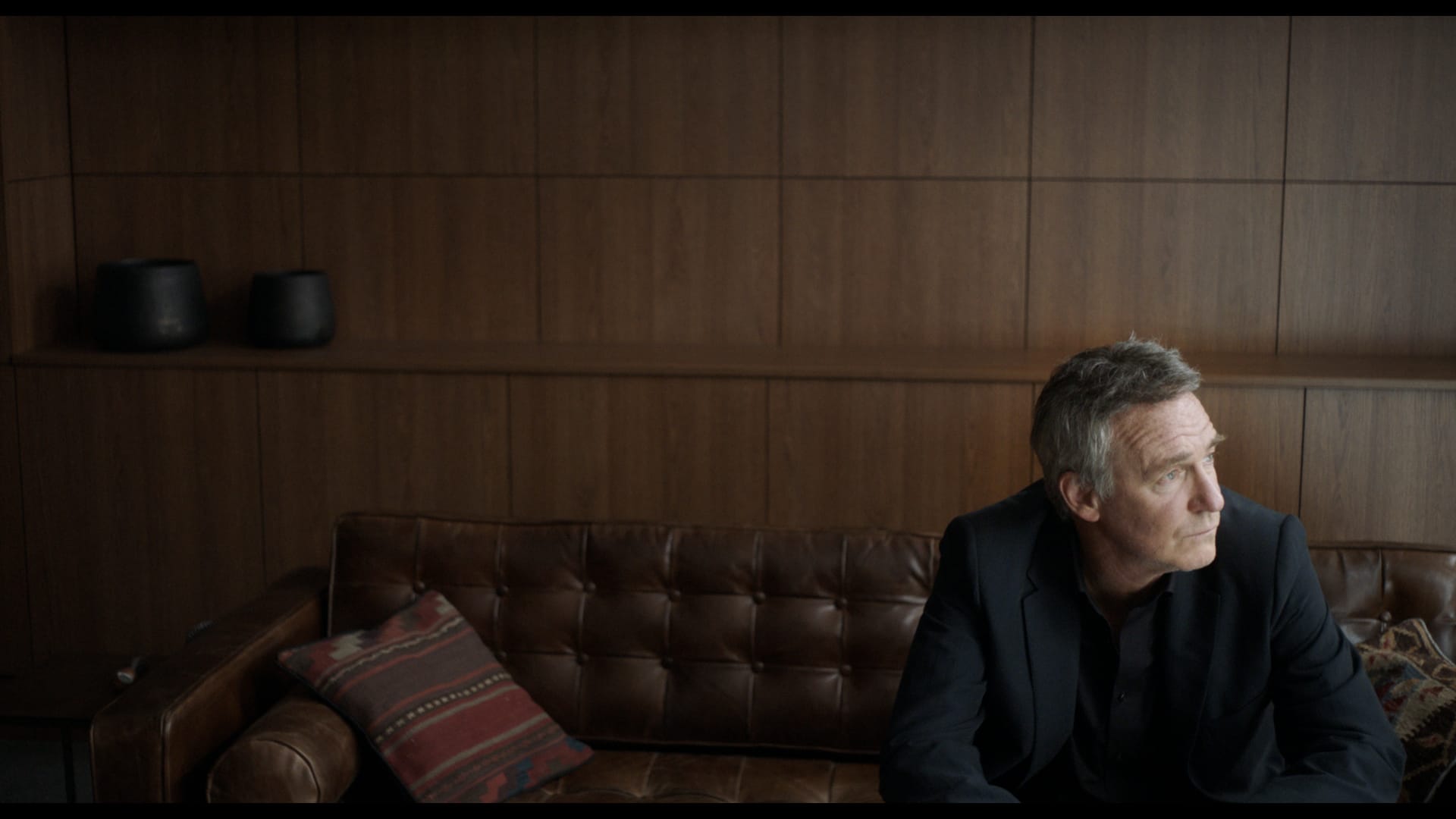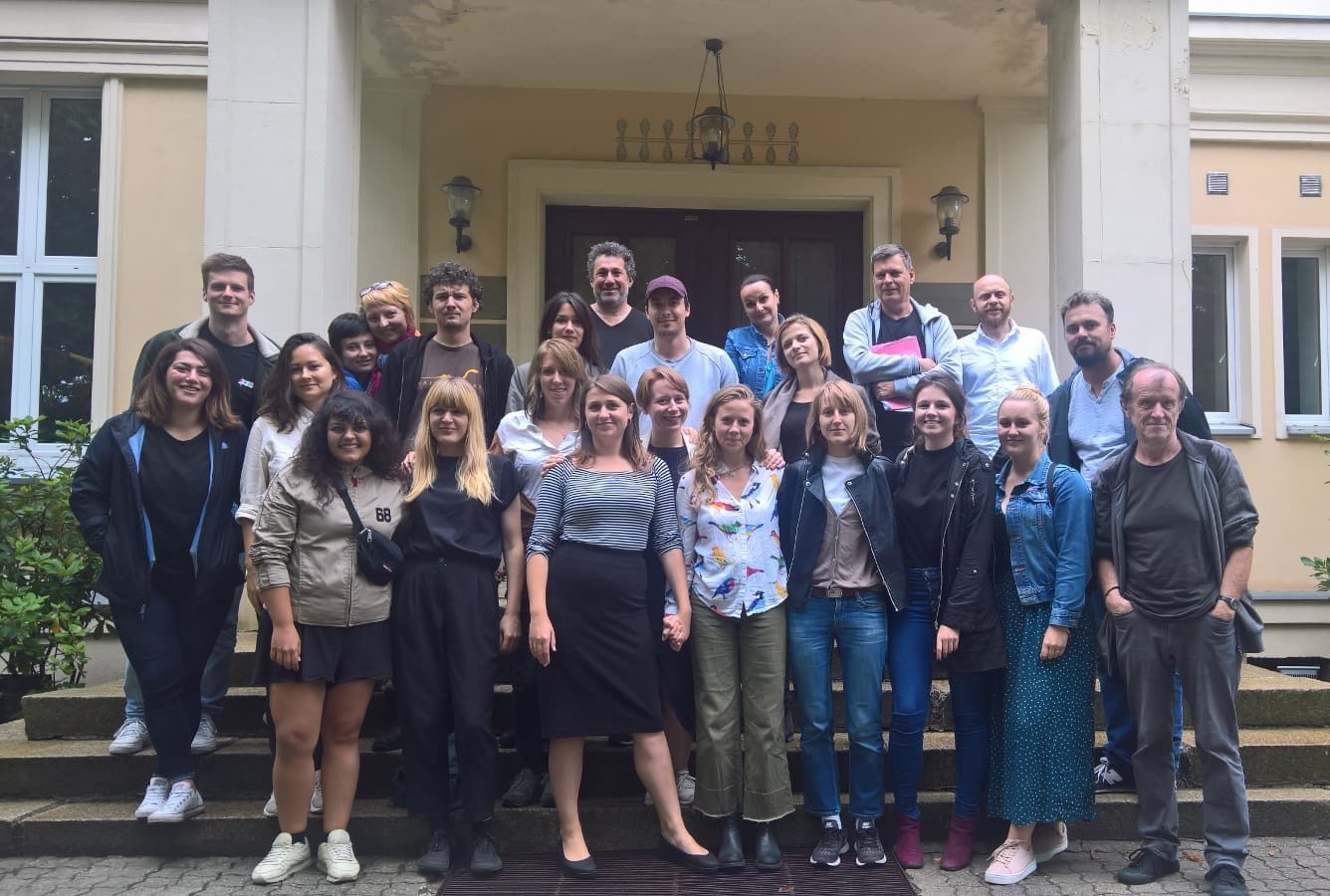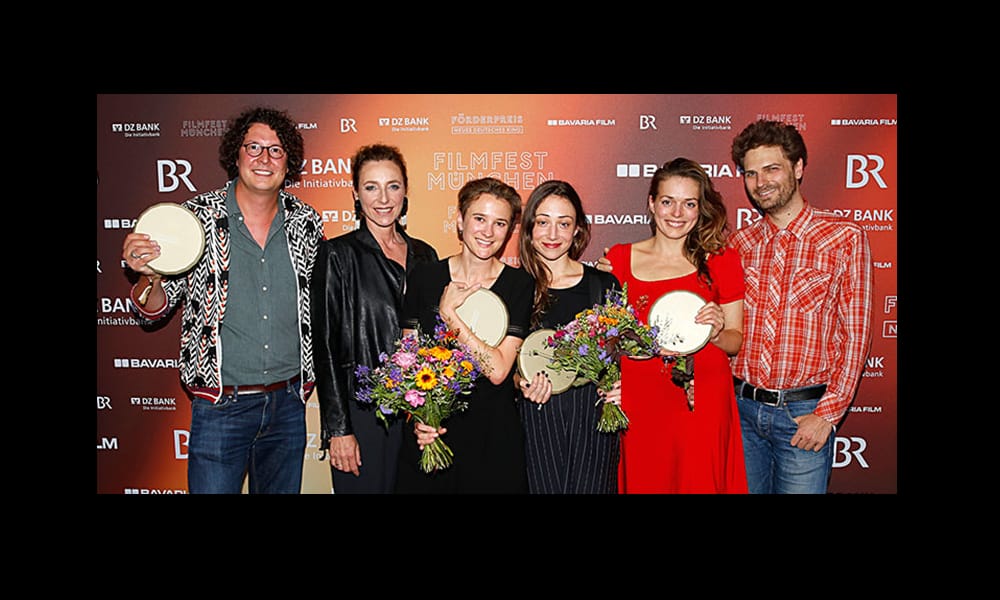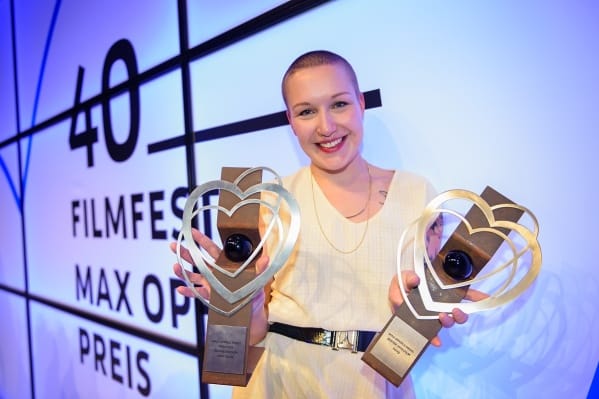
At the 40th film festival Max Ophüls Preis (14.–20.1.2019) in Saarbrücken two DFFB films were awarded three prizes. LET THE BELL RING (R/B: Christin Freitag, K: Max Preiss, P: Eva Kemme, Tobias Siebert, Ansgar Frerich) won the prize for the best music in a documentary and DAS MELANCHOLISCHE MÄDCHEN (R/B: Susanne Heinrich, K: Agnes Pakozdi, P: Jana Kreissl) won the prize of the ecumenical jury as well as the prize for the best feature film.
The jury justifies its decision for LET THE BELL RING as follows: “Virtuos werden pulsierende Song-Produktionen mit Score-Musik verwebt, gekonnt werden pathetische Musikklischees vermieden. Energetisch verdichtet sich die Musik immer mehr bis hin zum packenden Finale. Dokumentarfilme feiern das Leben. Die Filmmusik von Jonathan Ritzel feiert den Traum des Boxers Malcom mit einer Karriere als Profiboxer zu reüssieren und begleitet ihn auf seiner Heldenreise.“
The jury concretizes their decision for DAS MELANCHOLISCHE MÄDCHEN as follows: „Unendlich komisch und gleichzeitig todtraurig, bis ins Detail komponierte Bilder, poetische Dialoge, in denen Beziehungen zum Lifestyle erkoren werden. Der Blick für den anderen verbleibt in der Leere. Die eigenwillig-konsequente Bildsprache eröffnet Leerstellen und Räume zum Weiterdenken. Schonungslos und präzise werden gesellschaftliche Zustände vorgeführt, hinterfragt und an die Zuschauenden weitergegeben. Eine junge Frau wird zur Symptomträgerin einer Gesellschaft, die ihre Glücksversprechen nicht einlöst.“
The complete statements can be read here.

